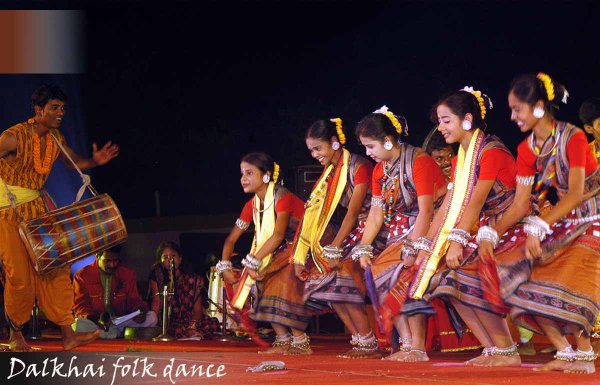Odisha being a land of art and culture also is a native of varied folk dance forms. Dalkhai is one of the most popular traditional folk-dance forms of Adivasi’s of Sambalpur, Western Odisha. Dusshera is the occasion of its performance. It is commonly performed on festivals like Bhaijiuntia, Phagun Puni, Nuakhai, etc.
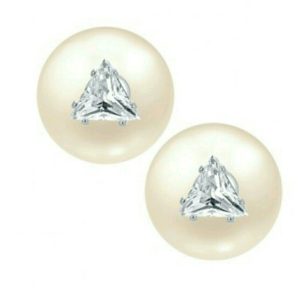
Traditional Dalkhai dance
Mostly practiced and performed by young teenagers of Binjhal, Kuda, Mirdha, Sama and some other tribes of Sambalpur, Balangir, Sundargarh, Bargarh, Nuapada and Kalahandi districts. Men take their part as drummers and musicians. The dance is accompanied by a rich orchestra of folk music played by a number of instruments known as Dhol, Nisan,
The dance is accompanied by a rich orchestra of folk music played by a number of instruments known as Dhol, Nisan, Tamki, Tasa and Mahuri. It is known as Dalkhai because in the beginning and end of every stanza the word is used to address a girlfriend. So, the dhol player controls the tempo while dancing in front of the girls.
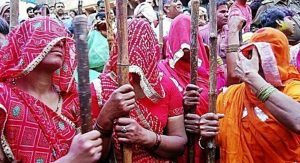
The main theme of this dance form is Radha and Krishna, Ramayana and Mahabharata. Women and girls wear a colorful printed Sambalpuri saree. They also tie a scarf on their shoulders holding the ends in both the hands. Various traditional pieces of jewellery such as the necklace, bangles, etc. complete the look of the performers.
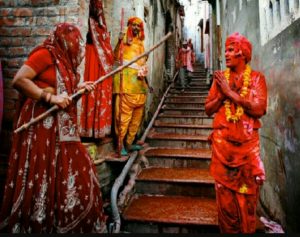
Dalkhai is usually performed by unmarried girls. The drummer also called as the Dhulia beats the Dhol at the beginning of the performance. Young girls, standing in a line sing Dalkhai songs. After singing for a while, they start dancing by bending forward in a half–sitting position.
Hands are moved forward and backward alternately by the girls and during the dance, they place a cloth of red or pink color on their shoulders. Primary importance is given to different movements of hands, legs, knees, and hips. The dance sometimes goes slow and fast depending on the sound of the dhol. Also, as the dance proceeds, the dancers make circles in clock–wise and anti–clockwise direction.
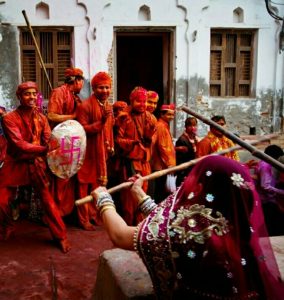
It has various forms such as Mayalajada, Rasarkeli, Gunjikuta, Jamudali, Banki, Jhulki, Sainladi, etc. Considering its style, theme, and performance, it is a secular form of dance.

